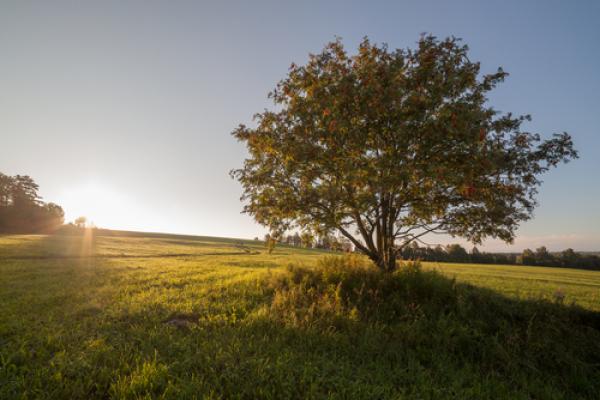Lent is a time when we try to identify with our own weakness, so since we are about to start the Church’s penitent season, it was shocking to read Virgilio Elizondo’s account of how a people generally considered weak on the geopolitical stage – poor Mexicans and Chicanos – do not treat Ash Wednesday as a day of penitence at all.
“For the masses of the people, it has little to do with the beginning of Lent. Lent as a season of self-sacrifice is not really of special interest to the people: the entire year is a time of suffering and abnegation. On Ash Wednesday Mexican-Americans renew their cultic communion with mother earth. For them the earth has always been sacred and they retain a fundamental identity with it. The earth supports and regenerates life; itis life.”
What a beautiful and unexpected connection!
Read the Full Article

